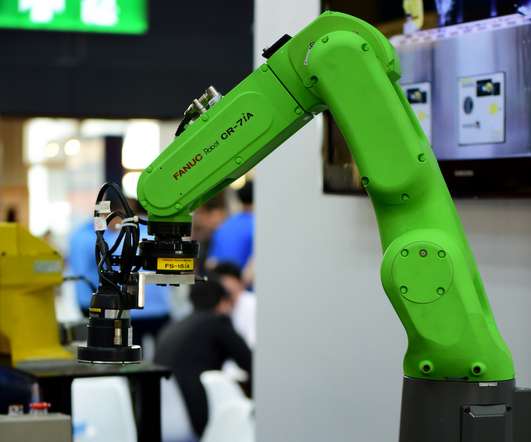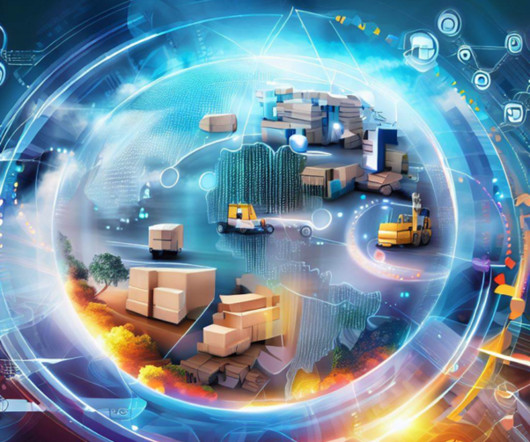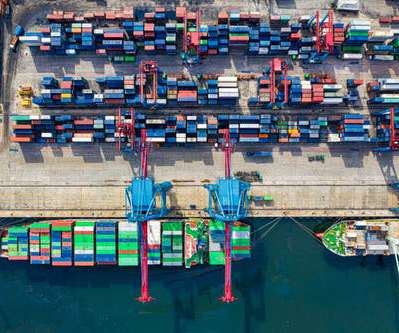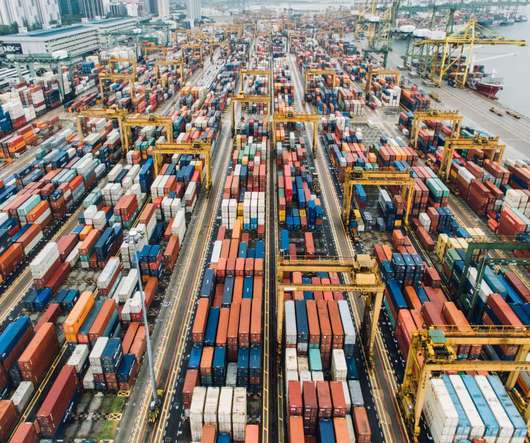Ultimate Guide To Technologies That Are Transforming Supply Chains
The Logistics & Supply Chain Management Society
FEBRUARY 15, 2021
Manufacturers can gather valuable granular data such as the time an item spent in storage, at what temperature, how long it took to sell, the length of time between purchase and fulfillment and how long it spent in transport. According to PricewaterhouseCoopers, AI’s potential contribution to the global economy by 2030 is USD15.7

















Let's personalize your content